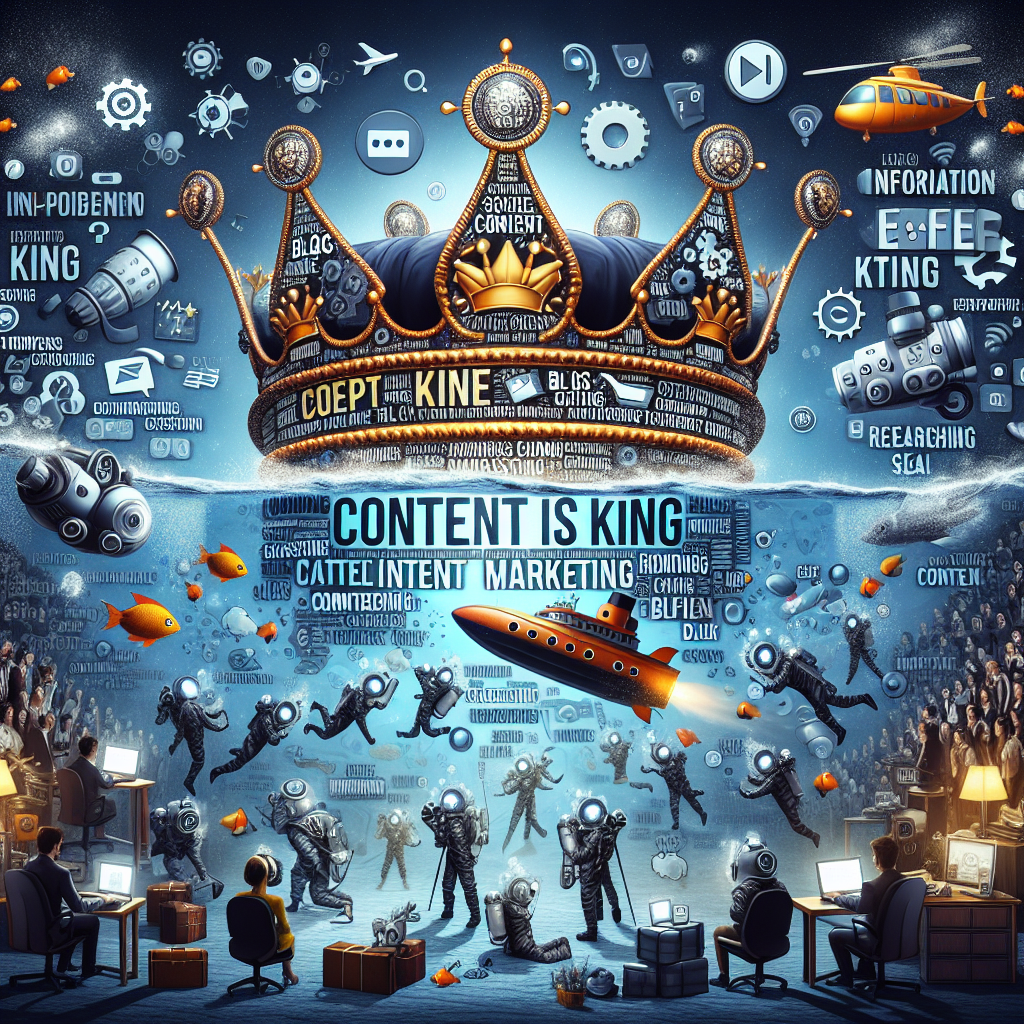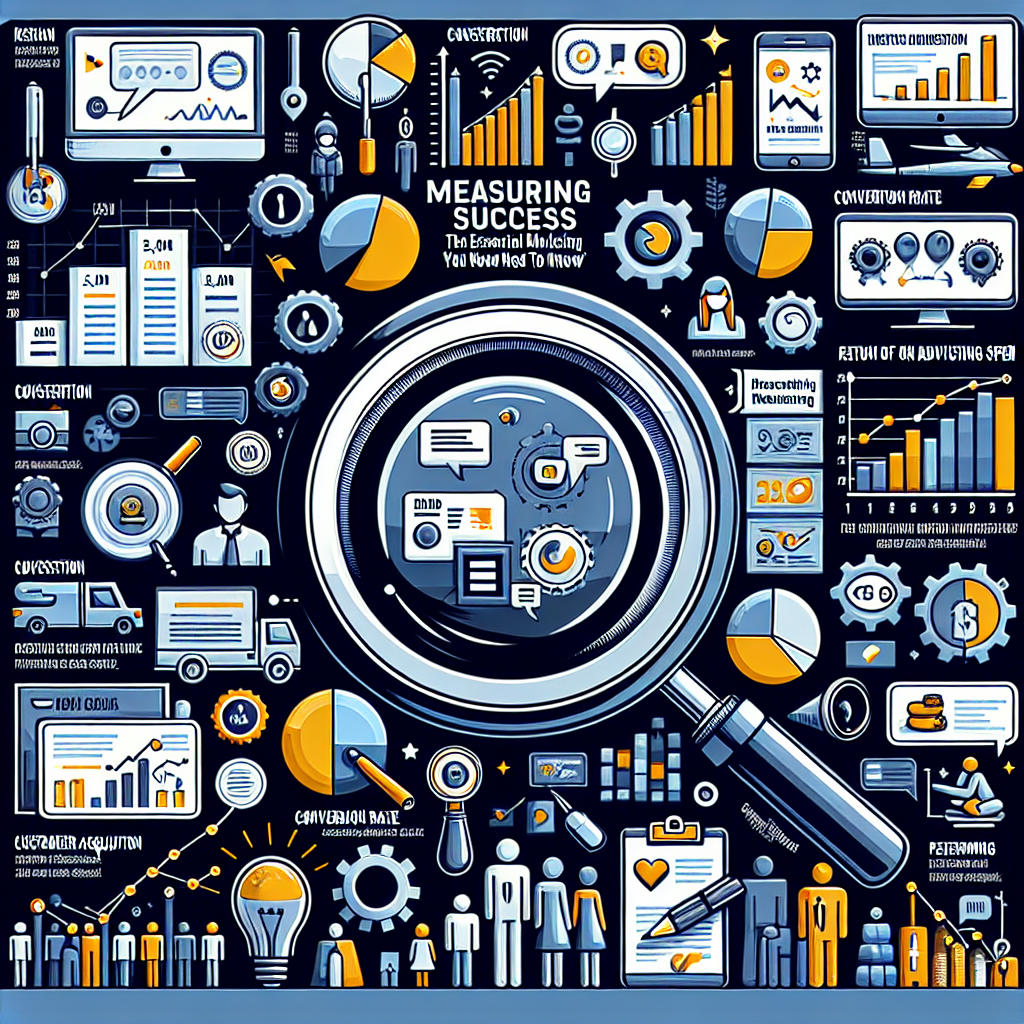
The Impact of Virtual Reality on Event Marketing
The world of event marketing is constantly evolving, and with the rise of technology, it is no surprise that virtual reality (VR) is making a significant impact. VR has the potential to revolutionize the way events are marketed and experienced, offering a whole new level of immersion and engagement for attendees.
One of the key advantages of VR in event marketing is its ability to transport people to different locations without the need for physical travel. Imagine attending a conference or trade show from the comfort of your own home, being able to explore the venue, interact with exhibitors, and attend presentations, all through a VR headset. This not only saves time and money but also opens up opportunities for people who may not have been able to attend in person due to geographical constraints or other limitations.
In addition to the convenience factor, VR also offers a unique and memorable experience for attendees. By creating virtual environments that are visually stunning and interactive, event organizers can captivate their audience and leave a lasting impression. For example, a car manufacturer could use VR to allow potential customers to test drive their latest models, giving them a taste of what it feels like to be behind the wheel without leaving the showroom.
Furthermore, VR can enhance the networking aspect of events. Traditionally, networking at conferences and trade shows involves exchanging business cards and engaging in face-to-face conversations. While this will always be important, VR can supplement these interactions by providing virtual networking spaces where attendees can connect with each other in a more immersive and dynamic way. This could include virtual meetups, interactive games, or even virtual cocktail parties, all designed to facilitate meaningful connections and foster collaboration.
Another area where VR is making an impact is in product launches and demonstrations. Companies can use VR to showcase their products in a way that is more engaging and interactive than traditional methods. For example, a fashion brand could create a virtual runway show, allowing customers to see their latest collection in action and even try on virtual outfits. This not only generates excitement and buzz but also gives potential customers a better understanding of the product and its features.
Of course, like any emerging technology, there are challenges and considerations to be aware of when incorporating VR into event marketing. One of the main concerns is the cost of implementing VR experiences, as it requires specialized equipment and expertise. However, as the technology becomes more widespread and accessible, these costs are likely to decrease, making VR a more viable option for event organizers of all sizes.
Another consideration is the potential for VR to be isolating, as it relies on individuals wearing headsets and experiencing the event in a solitary manner. To address this, event organizers can incorporate social elements into the VR experience, such as multiplayer games or virtual chat rooms, to encourage interaction and collaboration among attendees.
In conclusion, virtual reality is set to have a significant impact on event marketing in the future. Its ability to transport people to different locations, create immersive experiences, enhance networking opportunities, and showcase products in innovative ways makes it a powerful tool for event organizers. While there are challenges to overcome, the potential benefits of incorporating VR into event marketing strategies are undeniable. So, get ready to strap on your VR headset and experience events like never before!

